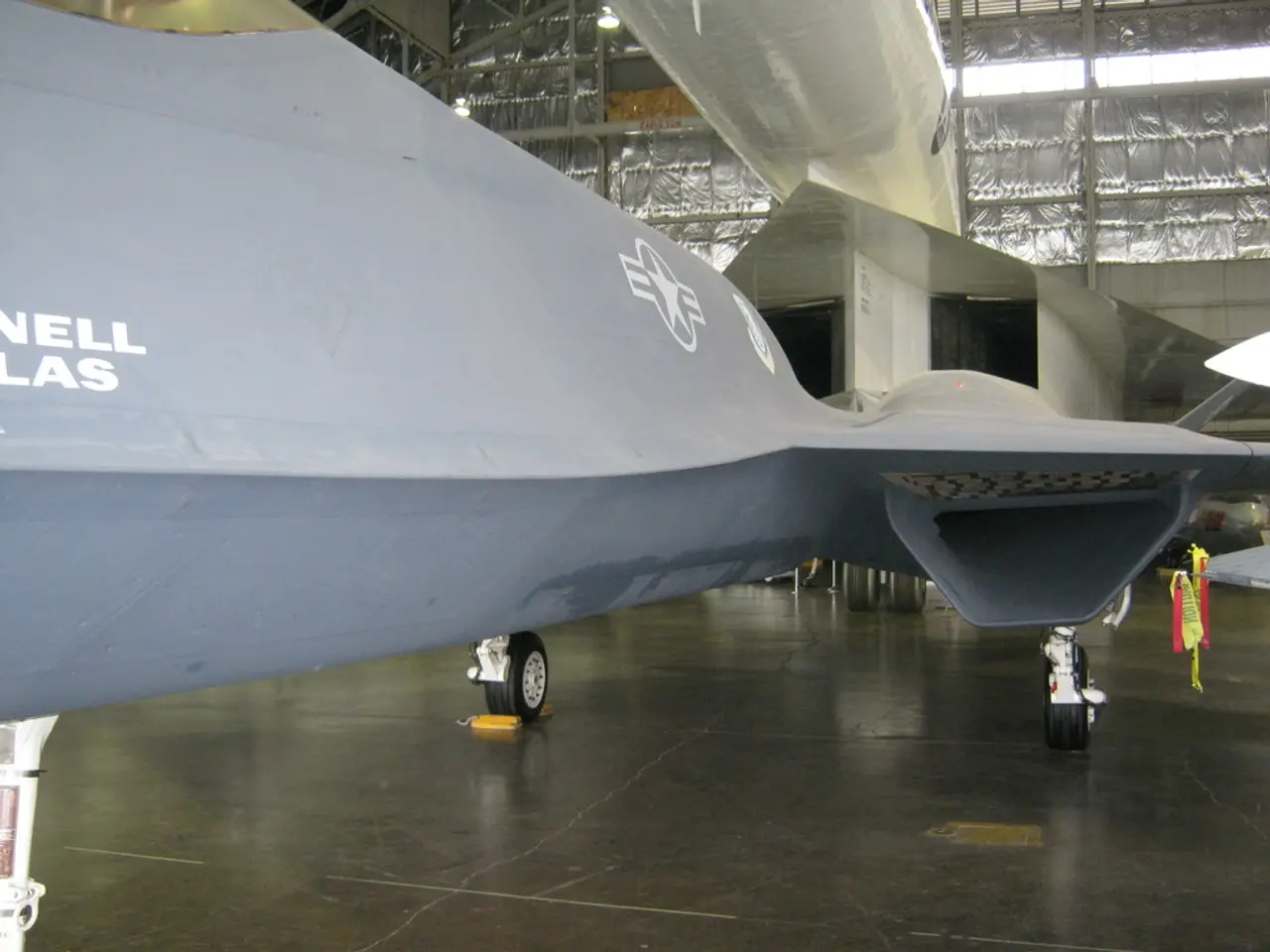U.S. flights resume for United Airlines following a significant technical issue that halted hundreds of trips nationwide.
United Airlines Resumes Operations After Technology Outage Grounds Hundreds of Flights
United Airlines has resumed operations following a technology outage that grounded hundreds of flights across the United States. The incident, which began shortly after 6:00 p.m. ET, led to a nationwide ground stop by the airline.
The disruption was caused by a failure in the airline's internal Unimatic system, a critical tool for flight planning and crew coordination. This legacy mainframe stores and distributes essential flight information such as weight and balance calculations and flight times.
The exact cause of the disruption was unclear, indicating that legacy software may lack modern diagnostic tools or support, complicating rapid resolution. The outage led to over 1,000 flights being delayed, approximately 35% of United's entire schedule for the day. Airports in Newark, Denver, Chicago, San Francisco, and Houston were among the most severely affected.
Some passengers praised ground staff for managing the situation as best they could, despite limited information. However, passengers on United Airlines expressed frustration on social media due to a lack of clear communication during the technology outage.
The Federal Aviation Administration (FAA) stressed that the issue did not compromise safety or involve federal air traffic control systems. The U.S. Department of Transportation confirmed that the glitch was isolated to United Airlines and not part of a broader system outage.
United categorized the situation as a "controllable delay," making affected travelers eligible for compensation. This compensation includes hotel accommodations, meal vouchers, and rebooking support where necessary. By 10:00 p.m. ET, United confirmed that its IT team had resolved the issue, and flight departures began to resume gradually.
The common challenges faced by airlines in transitioning from legacy software to modern platforms, as exemplified by the United Airlines Unimatic system incident, include dependency on legacy mainframe systems for critical operations, system outages and cascading operational impacts, difficulty in diagnosing and resolving issues quickly, operational risk during transition and integration, and cost and complexity of modernization.
This technology outage at United Airlines is the latest in a growing trend of IT-related disruptions affecting global airlines. Transitioning to modern platforms has proven difficult for many legacy carriers, including United. A similar systems failure hit a rival airline last year, highlighting the fragility of tech infrastructure in the aviation sector.
Meanwhile, Alaska Airlines has resumed flights after a nationwide grounding caused by an IT outage. One traveler reported sitting on the tarmac for over two hours without updates. Despite the challenges, the airline industry continues to strive towards modernizing its systems to ensure smoother operations and improved passenger experiences.
- The disruption in United Airlines' operations was not limited to technology, as logistics were also affected, leading to a nationwide ground stop.
- The aviation industry, especially legacy carriers like United, is facing common challenges in transitioning from old technology to modern platforms.
- The technology outage at United exposed the vulnerability of tech infrastructure in the global aerospace industry, with similar incidents happening in other airlines.
- Affected passengers were eligible for compensation, including hotel accommodations, meal vouchers, and rebooking support, demonstrating United's commitment to improving transportation infrastructure.
- Digital solutions are essential for the effective coordination of crew and flight planning, as seen with United's Unimatic system, which stores and distributes crucial transportation information.
- The incident emphasized the need for improved digital infrastructure in the African market, where the importance of technology and finance in the transportation and import industry cannot be overstated.
- As airports expand globally, creating new ports to facilitate transportation, it is crucial to invest in digital technology to ensure smooth logistics and aviation operations, ultimately enhancing the passenger experience.








